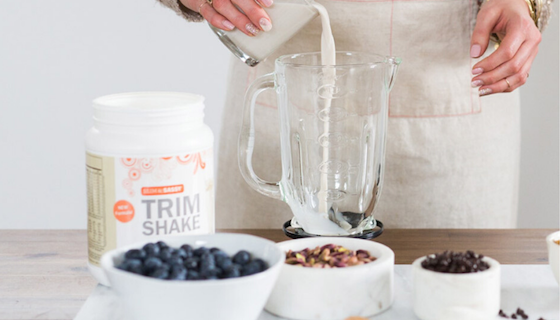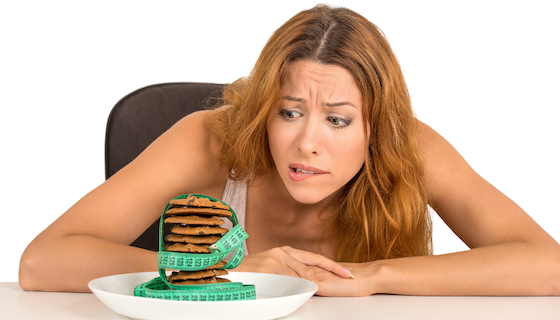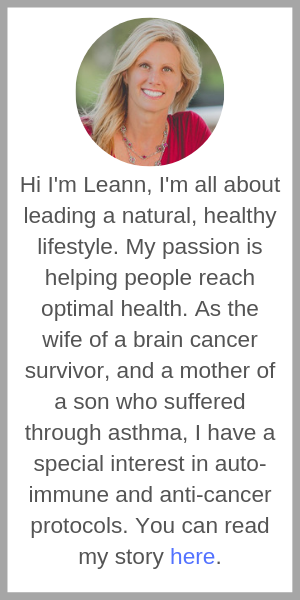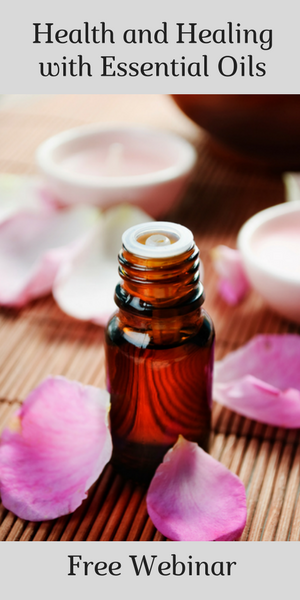Need a little sweetness without destroying your health?
By now you likely know how detrimental highly processed, granulated white sugar is to your health. If you need a refresher, here are some of the many ways white sugar wreaks havoc on your biochemistry, courtesy of UCSF’s Dr. Robert Lustig, a crusader against sugar and author of Fat Chance:
· Sugar contributes to obesity
· Sugar contributes to insulin resistance and diabetes
· Sugar is addictive and toxic
· Sugar makes you want to eat more—and move less!
Click here to get your FREE “Healthy Grocery List”
If sugar is this harmful, it makes good sense to minimize or eliminate it altogether. But some occasions just call for a sweet treat! In those instances, you CAN have your cake and eat it too—with these 5 sweet, all-natural alternatives:
1. Honey
Raw honey has a myriad health-promoting qualities. It contains natural antioxidants, although the quantity does vary across varieties (buckwheat honey reportedly delivers the most). Honey is also chock-full of enzymes, amino acids, vitamins, and minerals. Note that baking with raw honey will destroy many of the nutrients in honey. If you want to use it to flavor your tea or coffee, wait until your beverage has cooled enough to drink.
Sugar substitute: In dressings, and slaws; warm beverages
2. Blackstrap Molasses
Blackstrap molasses is a sweetener that is actually good for you—it’s high in antioxidants and several health-promoting trace minerals that are difficult to find in other foods, such as: iron, calcium, copper, manganese, potassium, and magnesium. Opt for unsulphured blackstrap molasses as it doesn’t contain the processing chemical to which some people are sensitive. Unsulphured means it’ll have a cleaner and more clarified taste.
Sugar substitute: Use in place of brown sugar or when you want to impart a slightly smoky flavor. Great in baked beans and gingerbread.
3. Coconut Sugar
Proponents argue coconut sugar tends to be less refined than granulated sugar; they say it also contains minerals like magnesium, potassium zinc and iron. In addition, coconut sugar has been touted to have a lower glycemic index than the uber-refined white stuff, which means that it can cause a less dramatic spike in blood sugar. Since studies on this sugar are largely unavailable, you need to take these claims with a grain of salt. As always, moderation is key!
Sugar substitute: Can be used as a 1:1 substitute for sugar in baking and cooking. You can also find it in syrup form; in that case, adjust your measurement in baking to ¾ cup for 1 cup sugar, reduce liquid by 2 tbsp for each cup and reduce cooking temperature by 25ºF.
4. Date Sugar
This may be the rock star of the group. Made from ground dates, this sweetener delivers all the nutrients in dates, including potassium and calcium—and is similar in healthful polyphenols as green tea! But that’s just part of the story: Date sugar is also low in calories, helpful for constipation, and makes you feel full longer. Look for varieties that have one ingredient only.
Sugar substitute: Yummy in bars and cookies, substitute this way: for every one cup of sugar, use 2/3 cup of date sugar.
5. Stevia
Derived from a plant with sweet leaves, it doesn’t get much more natural than this. The glycosides in the leaves of the Stevia Rebaudiana plant account for its incredible sweetness.
Stevia is calorie-free, and the powdered concentrate is 300 times sweeter than sugar. stevia is widely used all over the world and is becoming more commonly found in the U.S. Stevia can help keep blood sugar levels in check and despite being very sweet, it doesn’t contribute to cavities. BE CAREFUL, some white powdered Stevia is processed with not so groovy ingredients. To avoid nasty additives we use Organic SweetLeaf Stevia.
Sugar substitute: A little stevia goes a LONG way. A fraction of the amount and you’ll have ample sweetness.
Above all, for optimal health, try to keep your sugar consumption down to 15-25 grams per day. This means you may have to stop at one cookie, but it doesn’t mean you need to cut out all of the sweetness from your life.
“heartcake” © 2008 land_camera_land_camera, used under a Creative Commons Attribution-NoDerivs license
 Login
Login









